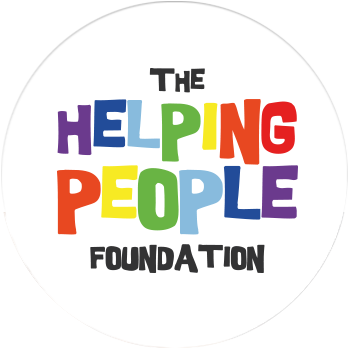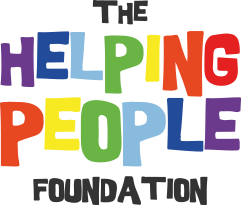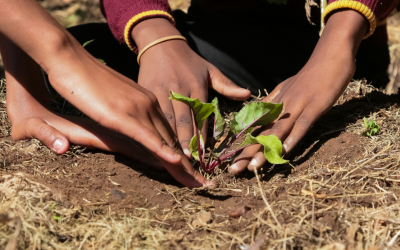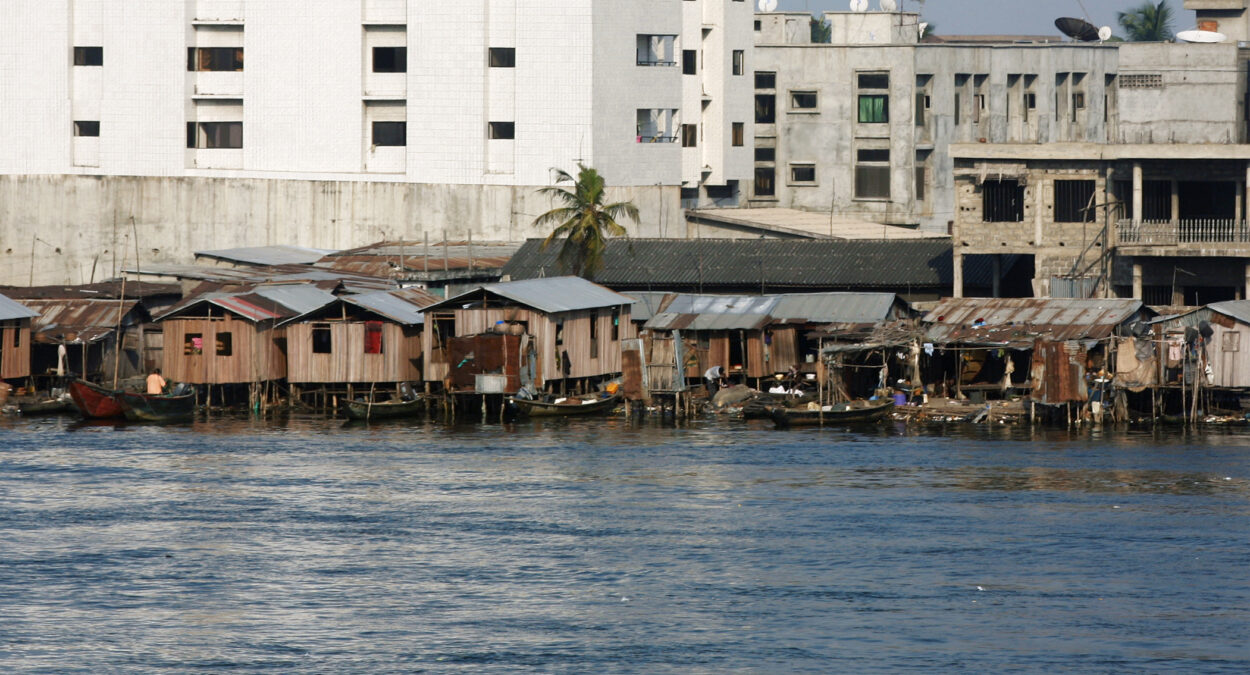CURRENT LIVING CONDITIONS IN BENIN
SCHOOL
One of the main obstacles to economic development is the lack of school education. Although primary schools in Benin are free and increasingly used, the enrolment rate is 97 percent. However, the literacy rate is still only 54 percent for men and 31 percent for women. Some schools are structurally in a very poor condition. Women and girls in particular often drop out of school prematurely, with a total of 20 percent of all children leaving primary school without a diploma.
After Patrice Talon was elected president in 2016, the government placed great emphasis on education and vocational training. As a first step, over 3600 new primary school teachers were recruited. However, there is still a lack of schools and teachers. There are remote villages where there is no school at all.
MEDICINE
There is also a great need for action in the health sector, as can be seen, among other things, from an infant mortality rate of nine percent and a life expectancy of only 61 years. The inadequate health system has serious consequences, many people die of yellow fever, typhoid and malaria. These could be prevented with good preventive care and also treated with proper healthcare. And if there is healthcare, not everyone can afford it - the cost of medical treatment is so high that for poorer people a visit to the doctor is simply unaffordable.
Water
The main problem is drinking water. In Benin, 30 per cent of the people have no access to clean drinking water. Poor quality water, in turn, is responsible for many cases of gastrointestinal diseases. These in turn lead to loss of earnings and worsen poverty. These problems, in turn, also hamper economic development - businesses do not invest where there is no secure water supply.
The water example shows how many development problems are interrelated. Water is scarce, and in rural areas girls often have to walk three to four hours to the nearest spring - every day. They often no longer have time for school. It is obvious: If the water supply could be improved, this would improve the financial situation of many families, enable more children to attend school and facilitate investments.
nutrition
In Benin, about 40 percent of children under five are malnourished. Especially in northern rural areas, the population suffers from an unbalanced and unhealthy diet. Causes of inadequate nutrition are lack of access and availability of nutrient-rich foods. In addition, the knowledge about healthy nutrition and food preparation is mostly non-existent. Malnutrition of young children occurs again and again, who then in turn have to be treated in medical centres.

Geography
Benin is located on the Gulf of Guinea, so it has a coastline on the Atlantic Ocean. The neighbouring countries are Togo and Burkina Faso to the west, Niger to the north and Nigeria to the east. The country covers an area of about 115,000 km² (see bpb).
Geographically, Benin can be divided into five natural areas. In the north there are swamps and remnants of tropical forests, on the border with Niger there is a joint national park, and towards Togo the Atakora Mountains. In the centre of the country there is an extensive savannah landscape that is used for agriculture. Finally, the coast is flat and sandy and includes tidal marshes and lagoons.

History
Benin is a remnant of the kingdom of Dahomey, which extended from what is now Ghana into western Nigeria from the 17th century onwards. The kings of this empire not only had great political power, but were also quasi-religiously revered. They came from the immigrant Adja people.
The kings also had a monopoly on trade; including the slave trade, which developed in contact with the Europeans. The taxation of the well-functioning agriculture contributed to the prosperity of the country. The bronze sculptures mentioned at the beginning also stem from this tradition.
In 1805, French troops occupied the country. In 1814, France had to surrender the country after its defeat in the British-French colonial conflict, but got it back again around 1830. In 1890, the French consolidated their colonies in the region under the name French West Africa.
Benin gained independence from France in 1960 under the name of Dahomey. What followed were changeable, unstable years. Eight military and civilian governments succeeded each other. In 1972, Mathieu Kérékou came to power in a military coup and pursued dictatorial and Marxist-Leninist policies. He nationalised the enterprises and introduced a one-party system. In 1975, the country was renamed the People's Republic of Benin.
The defusing and end of the East-West conflict also brought about a turning point for Benin. In the late 1980s, the Soviet Union withdrew more and more politically and financially. The country was economically ruined and on the brink of civil war. Under the impression of increasing unrest among the population, a national conference was finally convened, which laid down guidelines for democratic change and the introduction of a market economy. In the first multi-party elections in 1991, Nicéphore Dieudonné Soglo became president. A continuous reform process with free elections and secured fundamental rights followed. Although Kérékou returned to power in the 1996 election, he was unable to run again in 2006.

Economics
About half of the population lives in poverty. The gross national product of 15.7 billion (2020) is so low that Benin must be counted among the poorest countries in the world. The government has set itself the goal of reducing poverty by 2025, as well as expanding the supply of clean water and electricity. The fact is, however, that this has not been achieved in recent years
A particular social problem is child trafficking; especially in neighbouring Nigeria, many boys and girls from Benin are used as labour slaves. Trafficking in children is indeed prohibited, but this is not enforced with the necessary force.
The starting point is poverty in many families. Parents, because they are lured with false promises or because they expect relief from a depressing situation, leave their children to relatives or even traders who place them as workers in a city or even abroad. As a result, exploitation and sexual abuse occur. Many children flee this situation and live on the streets. Then crime and prostitution are often the only ways to make a living.
The majority of Benin's inhabitants live in rural areas, and subsistence farming largely dominates. So people live from what they grow and harvest themselves. Those who work for pay in the agricultural sector receive low wages. In addition, natural livelihoods are threatened - the soils are often depleted, the once fish-rich coastal lagoons are overfished.
The majority of Benin's inhabitants live in rural areas, and subsistence farming largely dominates. So people live from what they grow and harvest themselves. Those who work for pay in the agricultural sector receive low wages. In addition, natural livelihoods are threatened - the soils are often depleted, the once fish-rich coastal lagoons are overfished.
Industry is underdeveloped, and the lack of enterprise privatisation is considered a stumbling block. In addition, there are inefficient administrative structures, a lack of legal certainty and corruption, so that the growth of the economy cannot keep up with that of the population.

POLITICS
Benin has been considered an example of a functioning democracy for a number of years. The current President Patrice Guillaume Athanase Talon, in office since 2016, was last confirmed for a second term in April 2021. He is both head of state and head of government. After taking office, the government declared the fight against corruption as one of its priority goals.
Decentralisation in a state that was strictly centralised at the end of the colonial era is generally seen as positive. In 2002, the first municipal elections were held, and in the following period, responsibilities were transferred to the municipalities step by step. Nevertheless, they lack qualified staff and financial resources to be able to use the leeway and fulfil the demands made of them. At least, the role of municipalities as actors in the political system is being recognised; more and more of the country's political leaders have gained experience in municipal politics.
But democratic standards are now severely restricted again. Not only are the only two parties in parliament supporters of the president, but his henchmen also call the shots in the Supreme Court. In addition, there are considerable restrictions on the freedom of the press. It can become a burden that decisive questions are decided from the perspective of ethnic or regional affiliations - in the long run, this can permanently undermine the unity of a state. The fact that the judicial system is very susceptible to corruption works in the same direction.
President Talon had also announced in 2016 that he wanted to stay in office for only one term and lead a government of change. The justification for a second candidacy, that the upheaval was not yet complete, was not accepted by all voters. It is obvious that such events can also call into question confidence in the political system and democracy as a whole.
POLITICS IN 2019
One problem is the patronage system introduced in 2019 for the presidential elections. According to this, only those who have the support of ten percent of the mayors and the parliamentarians will be admitted as candidates. Consequently, 17 candidates were rejected for the last election. The reform was justified with the intention of counteracting political fragmentation. Only three candidates were admitted, which was also reflected in a low turnout of 27 per cent. Many had deliberately boycotted the election. Tensions and disputes arose around this issue.
Since the 2019 reform, the National Assembly has only two parties, both of which are pro-government. These are the "Bloc Républican" and the "Union Progressiste". In the meantime, 14 parties have been admitted again, but before the reform there were 278 parties and political alliances.
Wirtschaft & Toursimus
Economically, the port of Cotonou plays a paramount role for Benin - most of the goods arriving there are destined for Nigeria. Benin is also an important transit country for Mali, Burkino Faso and Mali. Because of these linkages, Benin is very active both in trade policy in the region and in relations with the European Union.
Tourism plays a certain role in the north of the country, where the Pendjari National Park is located. Recently, there have been attacks by jihadist groups there, which is of course a major problem for tourism. This also applies to incidents such as the kidnapping of two French tourists in the same region in 2019.
Sources:
bpb: Federal Agency for Civic Education: Benin; URL: https://www.bpb.de/nachschlagen/lexika/kosmos-weltalmanach/65640/benin (last accessed Jan. 28, 2022).
Help Benin! Information about Benin; URL: https://hilf-benin.de/index.php/informationen/benin (last accessed Jan. 28, 2022).



